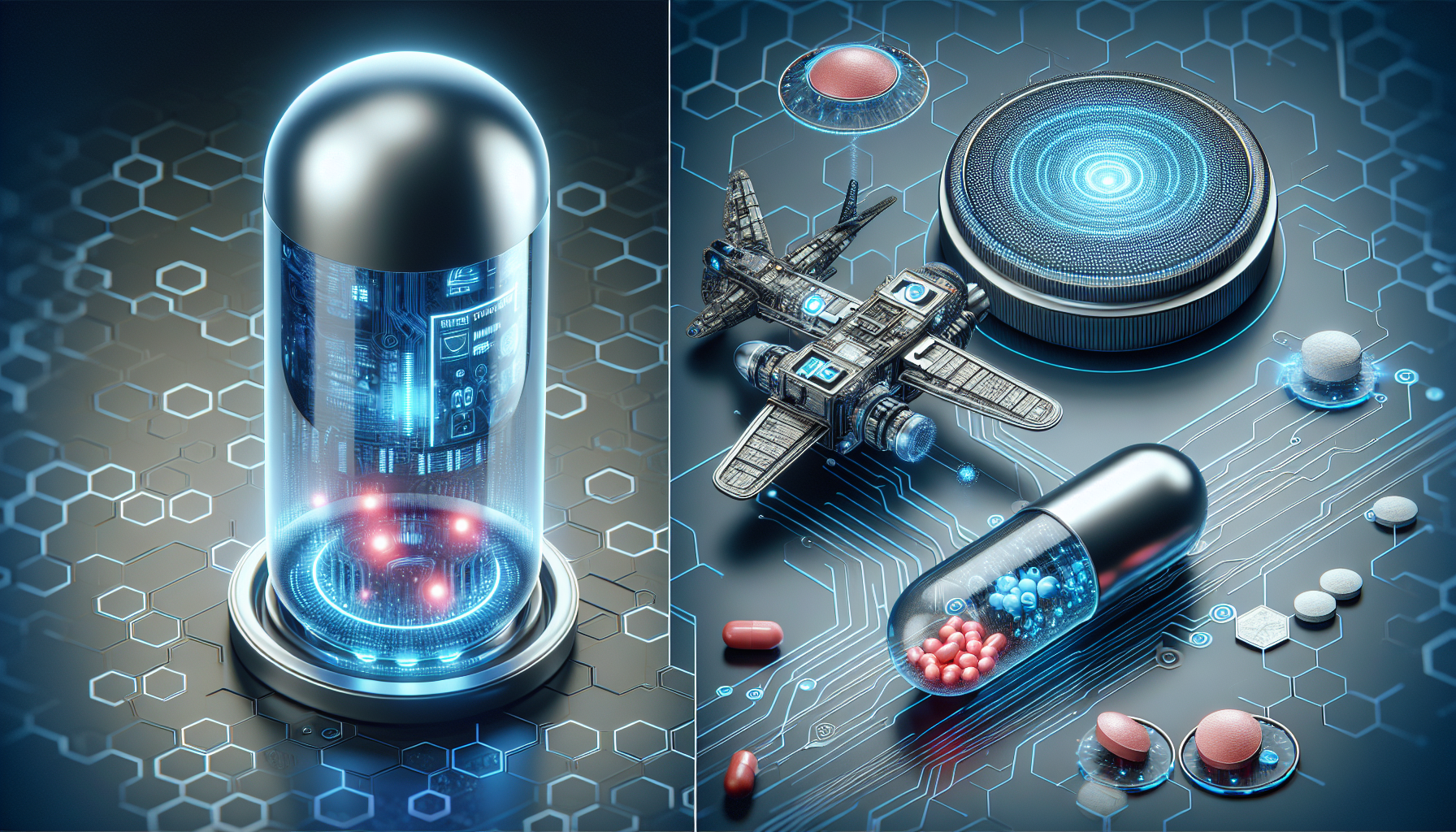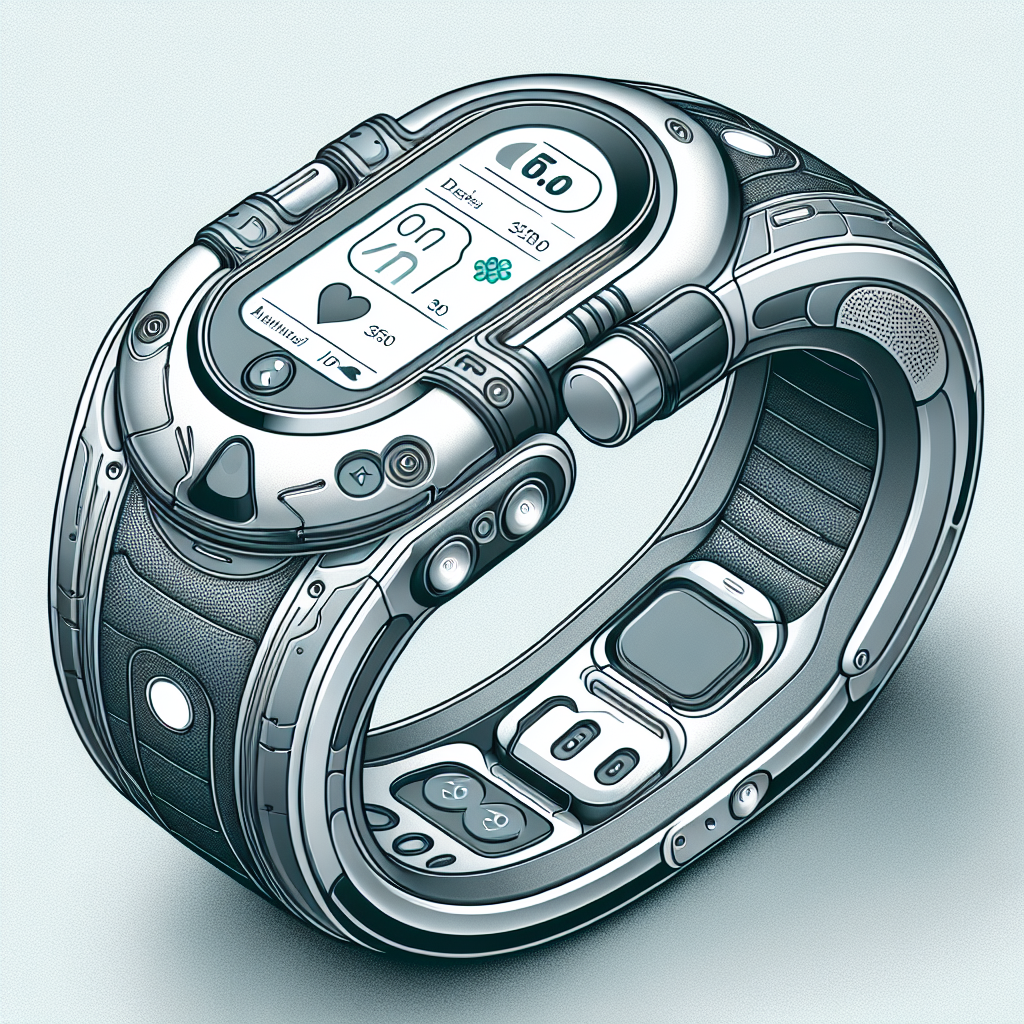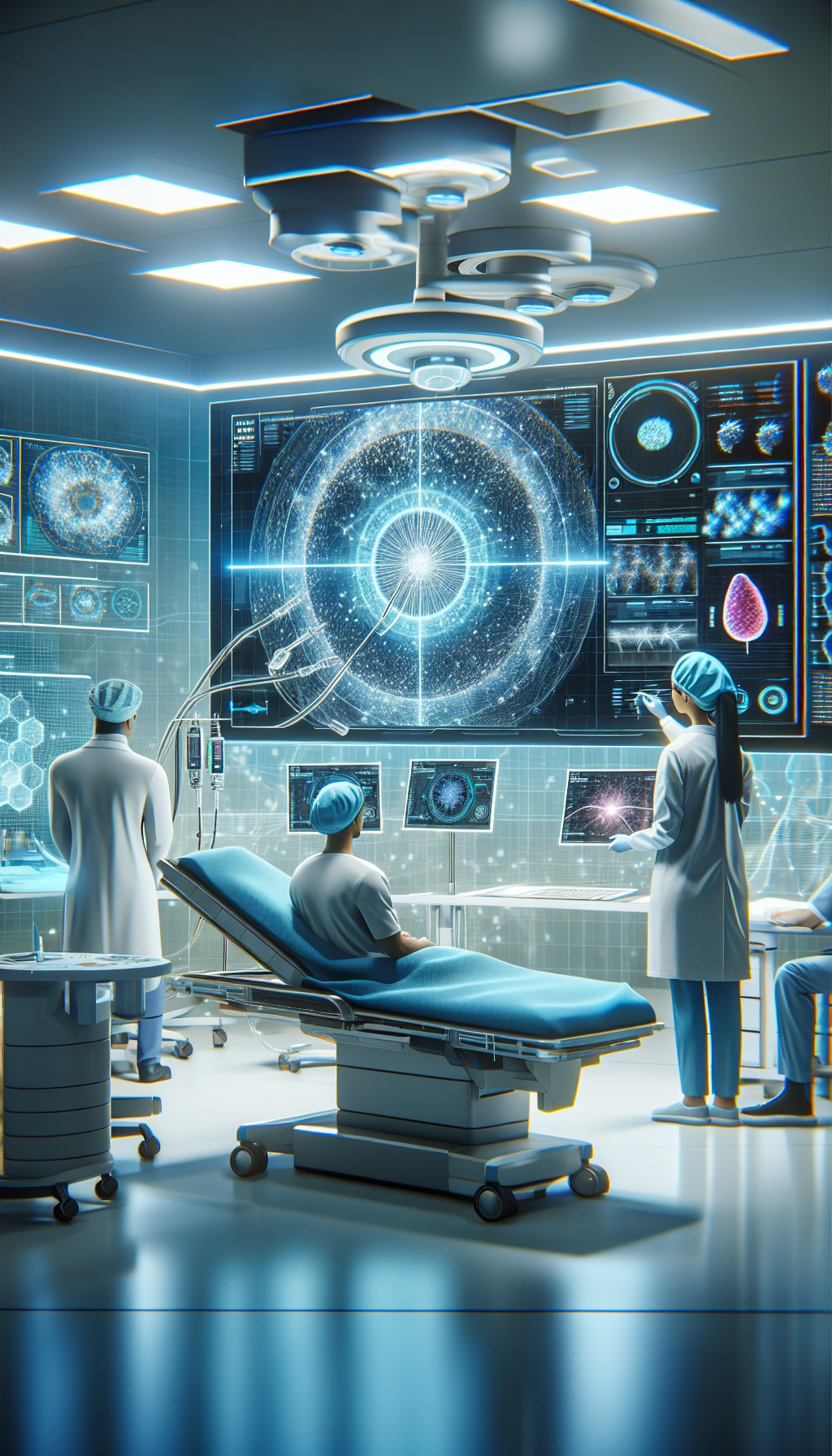Drug delivery systems are a critical component of patient care, influencing the effectiveness of treatment, patient compliance, and ultimately, health outcomes. The landscape of drug delivery has undergone significant transformation, driven by technological advancements, a deeper understanding of human physiology, and the demand for more personalized medicine. This article will explore the latest innovations in drug delivery systems and their profound impact on how healthcare is administered today.
The Evolution of Drug Delivery Systems
Traditionally, drug delivery systems have been limited to conventional methods such as oral tablets, injections, and topical applications. These methods, while effective, often come with limitations related to dosing frequency, bioavailability, and potential side effects. The pursuit of better patient outcomes has led to the development of more sophisticated delivery mechanisms.
One such innovation is the design of controlled-release formulations, which allow for the gradual release of medication over an extended period. This not only improves the management of chronic conditions but also enhances patient compliance by reducing the frequency of doses required.
Another area of progress is targeted drug delivery. This approach uses carriers, such as liposomes or nanoparticles, to deliver drugs directly to the affected area, minimizing systemic exposure and potential side effects. This targeted approach is particularly beneficial in the treatment of cancer, where it helps to reduce the damage to healthy cells while concentrating the therapeutic effect on the tumor.
Impact on Patient Care
The advancements in drug delivery systems have a multifaceted impact on patient care. For one, they offer an improved quality of life for patients who no longer need to adhere to strict medication schedules or endure the discomfort of frequent injections. Additionally, targeted therapies provide a more efficient treatment with fewer side effects, which is paramount in the management of debilitating diseases such as cancer.
The rise of personalized medicine has also been facilitated by these innovations. By considering individual patient’s genetic profiles, clinicians can now tailor drug delivery systems to enhance treatment efficacy. For instance, pharmacogenetics plays a crucial role in personalized medicine, guiding the selection of drug types and dosages based on a patient’s genetic makeup. Learn more about pharmacogenetics in personalized medicine.
Technological Breakthroughs
One of the most exciting areas of innovation is the development of smart drug delivery systems. These systems can be programmed to respond to specific physiological conditions or timed to release drugs at optimal moments. For example, insulin pumps that respond to blood glucose levels have revolutionized diabetes management, providing a level of control that was previously unattainable.
Biodegradable implants represent another frontier, offering a long-term delivery solution that doesn’t require removal as the implant naturally breaks down in the body. This is particularly useful in the administration of hormonal therapies and pain management post-surgery.
Connecting Innovations with Health Outcomes
Innovative drug delivery systems are not developed in isolation; they are part of a broader healthcare ecosystem that includes dietary supplements, fitness, and overall wellness. For instance, the understanding of nutrient deficiencies and supplement solutions complements the development of drug delivery methods by ensuring patients receive a holistic approach to health management.
Patients with cardiovascular concerns can benefit from drug delivery systems that provide consistent, controlled doses of medication, reducing the risk of heart attacks or strokes. In this aspect, the connection to cardiovascular health is undeniable, as stable medication levels are crucial for managing heart conditions.
Overcoming Challenges
Despite the promising developments, there are challenges in bringing these innovative systems to market. Regulatory hurdles, manufacturing complexities, and the need for extensive clinical trials to ensure safety and efficacy are significant barriers. However, once overcome, these innovations have the potential to drastically change the landscape of healthcare delivery.
Educational Resources
For healthcare professionals and patients alike, understanding these innovations is crucial. Several high-quality resources provide in-depth information on the latest advancements:
- The Controlled Release Society offers resources on the development and application of controlled release technologies.
- The American Association of Pharmaceutical Scientists provides forums for the exchange of knowledge among scientists dedicated to the discovery, development, and manufacture of pharmaceutical products and therapies.
Ethical Considerations and Marketing
With innovation comes the responsibility to market these advancements ethically. It is important to communicate the benefits and risks of new drug delivery systems accurately and transparently. Ethical considerations in supplement marketing are also relevant, as patients often use supplements in conjunction with medications.
Future Directions
Looking ahead, the integration of digital health with drug delivery systems is poised to offer unprecedented levels of precision in treatment. The use of biosensors and wearable technology for real-time monitoring and delivery adjustments is on the horizon, signaling a future where medicine is as dynamic and individualized as the patients it serves.
Conclusion
The innovations in drug delivery systems are redefining the standards of patient care, making treatments more effective, personalized, and user-friendly. As these technologies continue to evolve, the focus on patient outcomes will remain the driving force behind their development. The promise of a future where medication is seamlessly integrated into patients’ lives, enhancing both their health and their quality of life, is an exciting prospect for patients and healthcare professionals alike. The continual pursuit of excellence in this field is not just about the science of medicine but also about the art of caring for individuals in the most effective and compassionate way possible.



